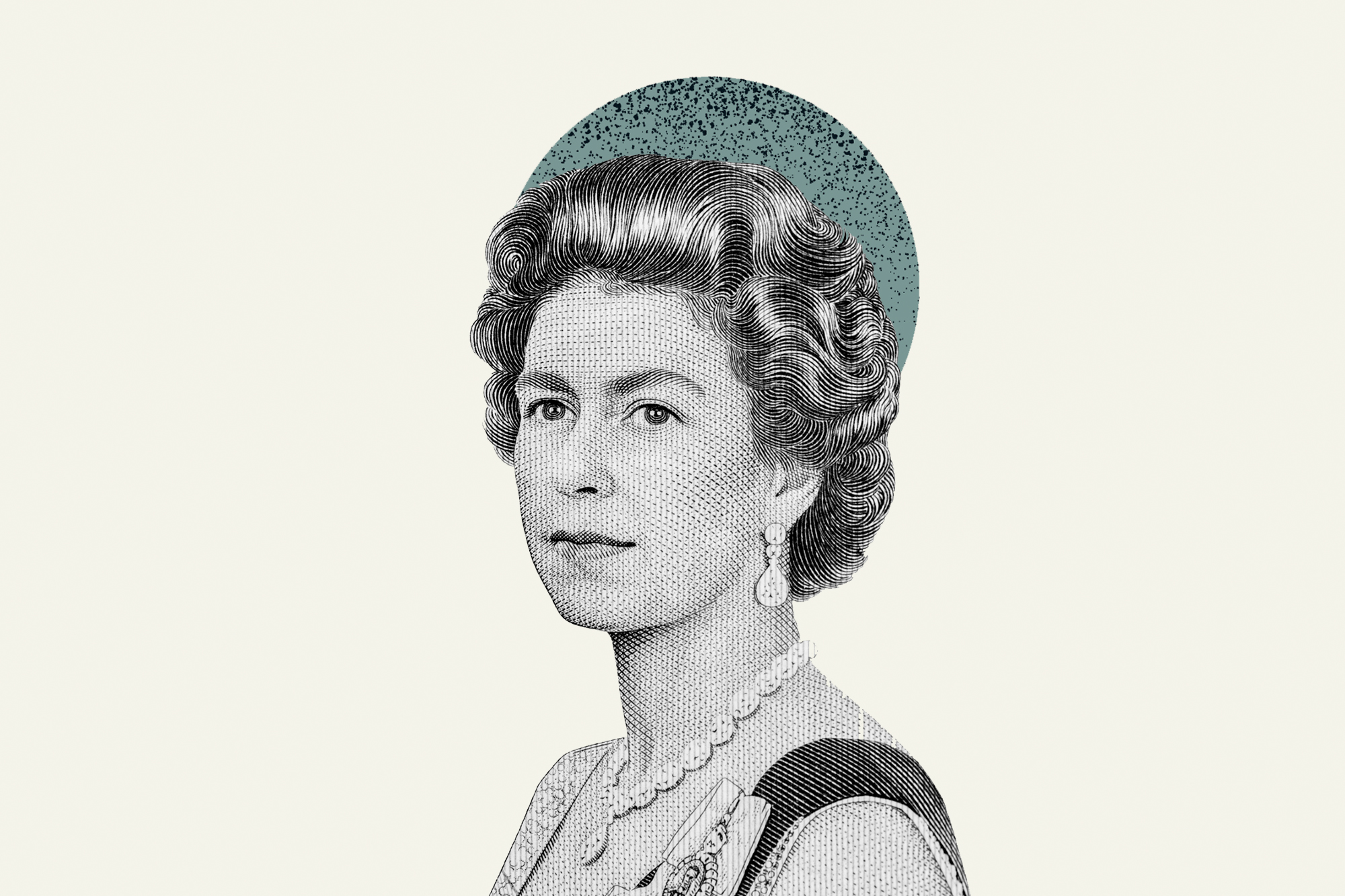“It is my hope that, when judged by future generations, our sincerity, our willingness to take a lead, and our determination to do the right thing will stand the test of time.”
Queen Elizabeth II
These words, spoken by Elizabeth II before the United Nations, show the essence of the personality of the Queen of the United Kingdom, one of the cornerstones on which British identity has been built over the past 70 years. It is no coincidence that the phrase “London Bridge has fallen” was the code for announcing her death. A visual metaphor that illustrates the support of the monarchy, with which she earned the extraordinary affection, respect and admiration of the British people for both herself and the institution she represented for decades.
Elizabeth II’s leadership was not based on her title, but on a relationship of trust with the British people, who saw in their Queen a person who was true to her principles, willing to adapt to change and committed to the welfare of society. One of the keys to her success was the natural and consistent nature of her character.
As a psychologist who applies personality theories to the pursuit of authentic leadership, I have analyzed the personality profile that best describes Elizabeth II’s character. Although the British Queen has not given many personal interviews, there is considerable consensus on her top five personality traits based on analyses of her behavior, her speeches, and interviews with people close to her. Most experts agree that Elizabeth II was introverted, pragmatic, logical, responsible, and emotionally stable.
- Introverted. Her introverted character explains her preference not to actively seek attention to herself and to maintain her privacy. Introverted people who hold public office accept public attention as part of their duty and with a sense of obligation. Public exposure is a social responsibility that they accept with a certain degree of stoicism. One of the Queen’s hobbies was riding alone with her horses and dogs to offset all the media attention she received.
- Pragmatic. A practical rather than a theoretical person. She mainly focused her attention on the problems of the here and now, preferring to address specific issues rather than philosophizing about possible events in the future. For this reason, interpersonal conflicts were seen as a constant source of stress for the monarch, with family dramas taking a toll on her health at the end of her life. She was, one can imagine, physically and emotionally exhausted.
- Logical. Elizabeth II was a logical person with a penchant for reason over emotion. This trait can sometimes mean people come across as distant and cold. Highly rational people can have difficulty empathizing with other people’s emotions. There were two clear occasions in the Queen’s life – the collapse of the Aberfan mine in 1966 when 116 children and 28 adults died, and the tragic death of Princess Diana in 1997, where emotions were key. Although Elizabeth II initially kept her distance, she was able to redress the situation in time, using her humility and listening skills to good effect. For example, Tony Blair’s wise counsel helped convince her that the royal family should break with their tendency for privacy, and they were seen mourning publicly at Diana’s funeral in a rare show of emotion that endeared them to the nation.
- Responsible. The most characteristic trait of her personality is discipline and a preference for living an orderly life within the chaos and uncertainty of global political upheavals. Routines and rituals were of paramount importance in her daily life; such as her preference for adhering to strict rules of protocol. Even as a child, the young Elizabeth II was described as “conscientious, dutiful, and orderly” when compared to the more restless, impulsive character of her sister Margaret. Her sense of responsibility was a hallmark of her leadership.
- Emotional stability. Her calm and collected nature made her guests feel comfortable in her presence. Although she could come across as being somewhat earnest, those who had dealings with her always mentioned her wry sense of humor, such as when she replied to the Canadian Prime Minister: “Thank you, Mr. Prime Minister of Canada for making me feel so old” and her participation in the London Olympics in 2012 alongside Agent 007.
What lessons can we learn from this historic figure? In my experience with management students and executive coaching clients, I have observed that there is a need to have role models like Elizabeth II to serve as an example for people to empower their own personal development and enhance their human relationships in life and in business. Here are four lessons that I hope will be useful:
- Authenticity. Know yourself well. The popular psychologist Jordan Peterson says that the best investment you can make in life is to be very self-aware and to be familiar with the personalities of the people you live and work with. Knowing the strengths and limitations of their character will help you to be humble, surround yourself with people who can give you good advice and thus enhance your professional and personal development.
- Self-control. The ability to control your emotions to respond to work and personal life demands is more important than technical knowledge. Having an internal compass that defines the ethics of what you do is the best antidote for managing stressful situations. Don’t put your body into a permanent state of alarm with high levels of cortisol – the stress hormone. Look for periods of reflection and strategies to maintain your energy and enthusiasm.
- Purpose. Share a collective mission that everyone can identify with. This common identity creates a sense of community that conveys optimism and unity. The symbolic value of leadership lies in this inclusive language. For example, Elizabeth II addressed the British people during the pandemic by saying: “We will succeed – and that success will belong to every one of us.” This is just what the population needed to hear in those moments of collective vulnerability. Purpose is a soothing sedative to alleviate suffering in difficult times.
- Legacy. People come and go, but institutions endure over time. Likewise, kings and queens come and go, but the monarchy as an institution remains. The Queen embodied a society ideal and epitomized collective values to be passed on to future generations. It is never too soon to ask about your legacy. How would you like to be remembered?
Elizabeth II’s hallmark was her authenticity. Her distinctive personality won the hearts of the British people who are now bidding her a final farewell with profound affection and devotion.
A version of this article ran in Spanish in El País.
© IE Insights.











